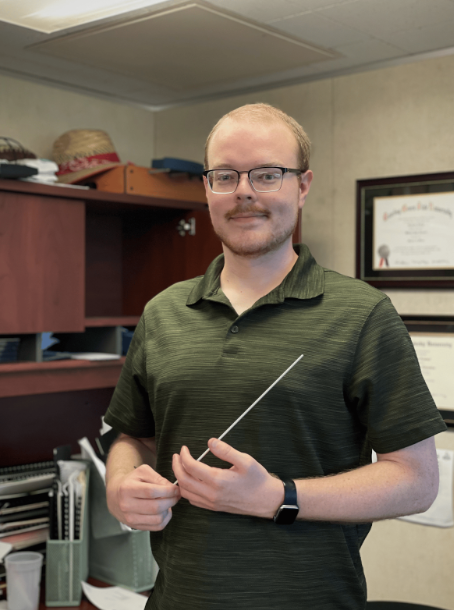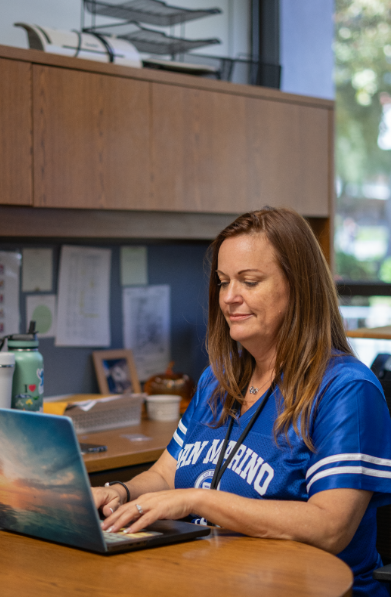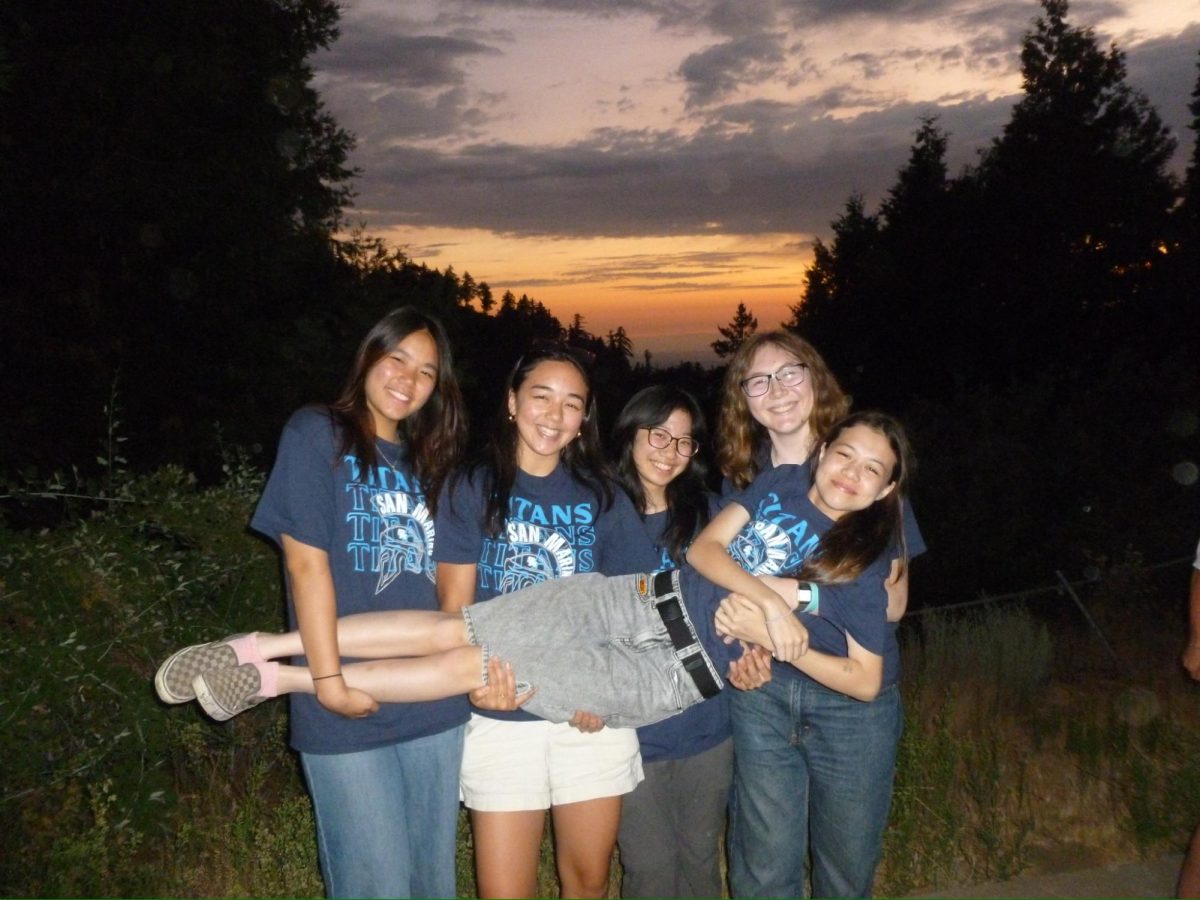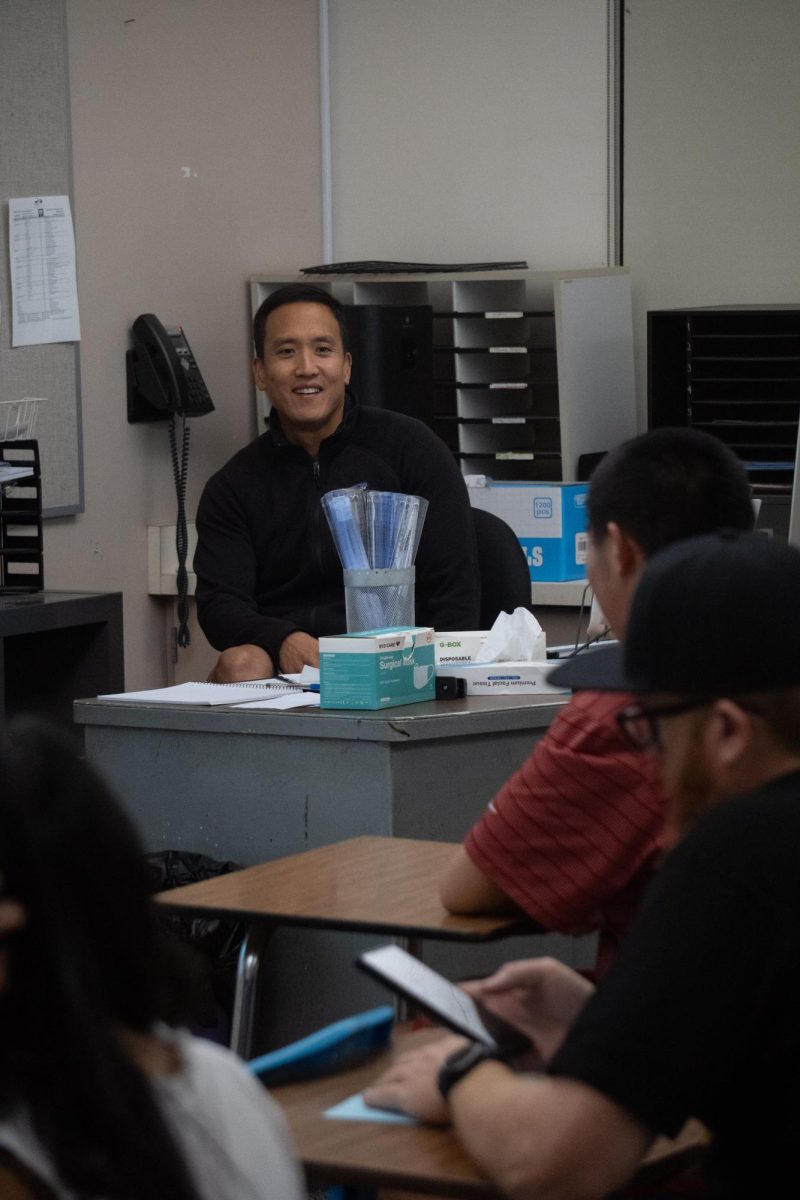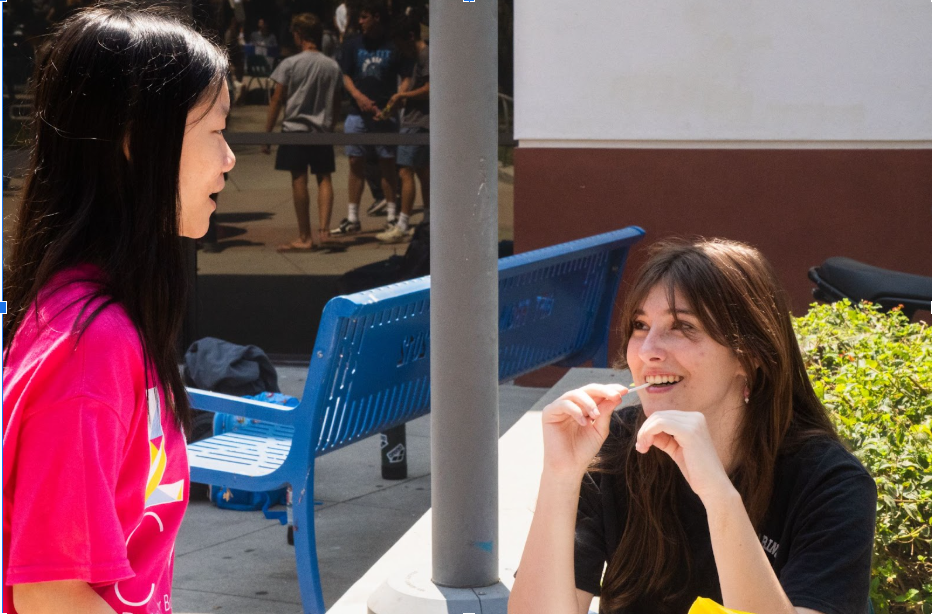
Currently, seniors are near the conclusion of the strenuous college application process. Many seniors applied to vast number of schools, ranging from CalTech just down the street in Pasadena to Boston College all the way across the country. Students had to write not just their common application personal statement essay, which had a 650 word limit, but a variety of essays specific to the different schools they applied to. On top of this, for the schools a part of the UC system, there were four 350 word Personal Interest Questions, where applicants chose to write four of eight questions given by the application. As Benjamin Miller, 12, satirically described this process, “It was a walk in the park.”
Throughout the application journey, seniors had to decided whether or not they wanted to apply Early Action (EA) or Early Decision (ED), which despite their similar names, have very different requirements. Typically, Early Action entails receiving a decision in January, and if rejected the application would be deferred into the Regular Decision pool. Early Decision follows this same process, with one major catch. If you apply ED, if admitted you must commit to that school, or break a binding commitment that will harm both your image to colleges and the image of the school that you attended. Some schools only offer Early Action, like the University of Michigan and University of Wisconsin-Madison, while others only offer Early Decision, such as Tulane University and Boston College. Different schools offer a different form of Early Action, called Restricted Early Action, where the applicant can only apply early to that one school, a requirement most Early Action schools do not have. Not many schools offer this, but the most notable of them is Stanford. Meanwhile, schools like UCLA, UC Berkeley, and the University of Washington offer no early application opportunities, which frustrate students that want to attend these schools. “If UCLA had an early option, I would have done that in a heartbeat,” said Jeremy Karkafi, 12.
The college application process will culminate in seniors making the toughest decision they have had to make in their lives to this point: Where they will spend the next four years of their lives. Some students already know, such Otis Tsai, 12, as he is committed to Carnegie Mellon for swimming. However, most will have to wait until January at the earliest, but more likely near the end of March, to hear where they got in or not, and where they will work for their college degree.


